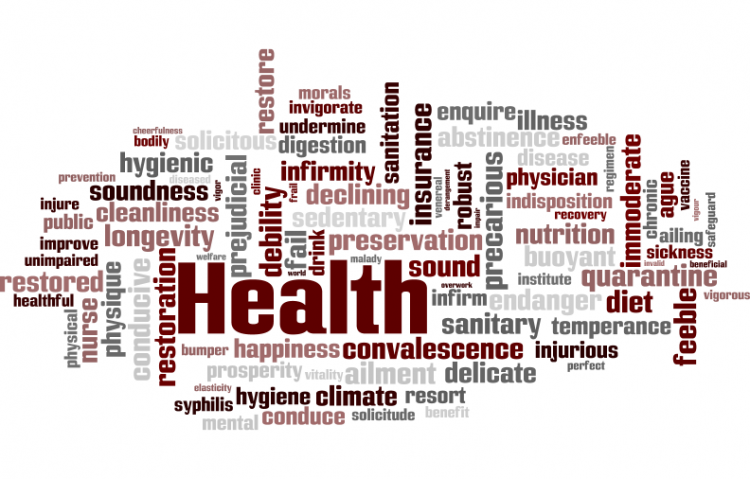
- Target:
- Australian government
- Region:
- Australia
- Website:
- www.mollysvoice.org
A condition (disease, syndrome or disorder) is classed as rare if it affects less than 1 in 2000 people.
There are approximately 8000 known rare diseases, collectively affecting 6-10% of the population. Rare diseases have the following common features;
* Most begin in childhood (usually diagnosed in children aged < 2years) and continue throughout life
* Obtaining a definitive diagnosis is often difficult and delayed creating great stress for those involved
* Many rare diseases have no cure and some can be prevented
* Neurological & intellectual disabilities occur in about 1/2 of all cases
* Families experience isolation, psychological and financial stress
* Health professionals have inadequate access to information, education and resources
* 35% of deaths in children aged < 1 year are due to rare diseases
* ~10% of deaths in children aged between 1 and 15 are due to rare diseases
Research, awareness & money are understandably directed at more common diseases & disorders. Collectively, rare diseases are as common as diabetes- which has been described as a National Epidemic!
Belgium, Denmark, Europe, France, Germany, Greece, The United States, Italy, Netherlands, Canada, New Zealand, Spain, Sweden, Taiwan all have National bodies to support rare diseases.
The United States have just announced new initiatives that put Australia even further behind! See - http://www.genome.gov/27531962 (New Program to Develop Therapeutics for Rare and Neglected Diseases).
Research into rare diseases can be virtually non existent, support groups are the same.
To set up a Not for Profit organisation requires committed parents who are by law required to have regular meetings and maintain a constitution - how do you do this if your numbers are limited?
Development of a therapeutic for a rare condition is not a priority for a pharmaceutical company - who would buy it? where would the profits come from?
A recent email from the Australian minister from health says:
"At present some members of the Human Genetics Society of Australasia (HGSA), in collaboration with support groups, are looking at a strategy for developing a rare disorders organisation as well as policy around this matter. These members are trying to establish a group to engage at a Federal level and look at provision for rare disorders but I believe this is only at an early stage. It has nevertheless been flagged as a service gap."
Is identifying this as a service gap good enough?
I demand a strategy for establishing an organisation in Australia to support rare disorders including supporting policy.
I want a group established to engage at a Federal level to provide for rare disorders.
Support for research into rare conditions is paramount as is a mechanism for fundraising, education, advocacy and parent/carer support
You can further help this campaign by sponsoring it
The Establish a body to support Rare conditions in Australia petition to Australian government was written by Meagan Cross and is in the category Health at GoPetition.